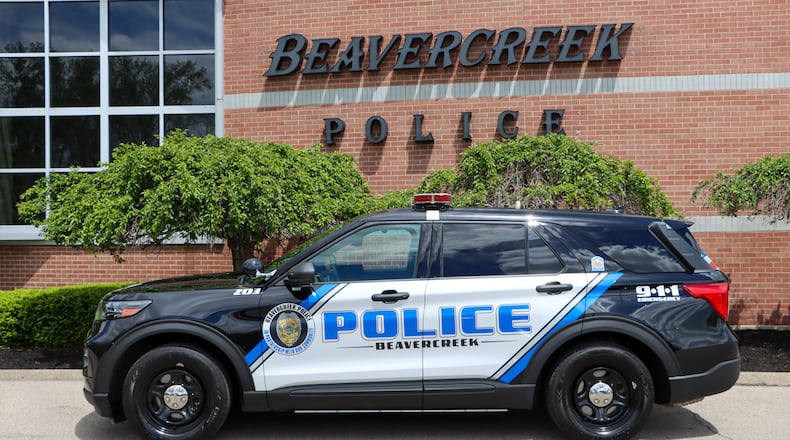The street levy is projected to generate an estimated $3.5 million in revenue. Previously, the city had planned on scaling back resurfacing if the levy had not passed. The Greene County Board of Elections confirmed Thursday after a recount that the levy passed by 80 votes out of more than 21,000.
Beavercreek Mayor Bob Stone thanked voters for their support and investment.
“As always, myself and city council vow to be good stewards of this funding provided by our residents,” he said.
While the streets levy passed, voters rejected a 2.5-mill police levy by a larger margin. It would have been used to hire five new police officers, as well as provide long-term capital funding for a new police department headquarters, as city officials said police have outgrown their current building.
During the city’s budget hearings in November, City Manager Pete Landrum told city council that at current revenue levels, 2023 expenses for the police department would outpace revenue by $1.4 million. About 80% of the city’s police budget goes towards personnel costs.
Beavercreek is not planning any cuts for the 2023 budget cycle, Landrum said. However, if the city doesn’t receive any new funding for police in May, the city is projecting a hiring freeze on police officers starting around June next year, and not filling the positions of any officers who retire or leave the force.
“Our big concern right now is the safety services with police. In 2023 we can make it really without an issue, but it becomes 2024 where the rubber meets the road,” Landrum said. “It will definitely impact safety services.”
City council will be presented with any tax levy options for the May ballot in January. While no official action has yet been taken, it’s unlikely any levies would include long-term funding for police facilities, Landrum said, though the need for new and updated police facilities remains.
Located in a cul-de-sac off of Dayton-Xenia Road, both the police department building and city hall are nearing the end of their useful life, officials previously told the Dayton Daily News.
In 25 years, Beavercreek has seen growth in population by 27%, per city data, while increasing its police force from 46 sworn officers, eight dispatchers and three support staff to 50 officers, 12 dispatchers and seven support staff. Officers also have a lack of storage space for their equipment, and the building has no fenced or secure parking for police vehicles.
“Residents have always held us accountable, to be very conservative in what we do and purchase,” Landrum said. “We don’t have fluff in our budgets. So we’re not padding it so we can cut 10% without a problem. That’s not the way we operate.”
Another major part of the city’s 2023 budget is the use of its American Rescue Plan Act dollars. Beavercreek received $5 million in ARPA funds, the vast majority of which is going to one-time infrastructure projects, mainly stormwater.
About $2 million of the city’s ARPA money is going towards remediating flooding near Willowcrest Drive, and another $1.75 million to remediating erosion on Vineland Trail, north of The Greene.
“We don’t have funding to do these type of projects. So when the ARPA funds came up, city council said we’re dedicating these funds towards one-time projects,” Landrum said.
Beavercreek is drawing on $375,000 in general fund dollars to supplement those stormwater projects, as an added buffer against inflated construction costs.
“Based on our history and our experience this year with projects and everything being over budget, that has been very well documented, we’re worried about the stormwater projects. We’re talking millions of dollars, so it doesn’t take much to be even 5% over,” Landrum said.
About the Author


